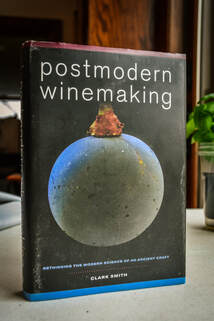 It's actually called a "Maceration Accelerator." I know this, but whenever I meet a new machine that I don't quite understand yet, I tend to use the term Calvin (of Calvin & Hobbes fame) used for his cardboard box machine capable of causing all kinds of wonderful transformations. This machine found its way to our crush pad yesterday and today thanks to Clark Smith. Clark Smith is a California-based winemaker, wine writer, philosopher, and educator whose 2013 book Postmodern Winemaking has been on Carl's reading shelf very often. Clark was at our winery in The Brogue for a couple of days, enabling Allegro to take part in a trial of this pioneering piece of Italian winemaking equipment. What the Maceration Accelerator actually does is break up the grape skins more than a traditional crusher/destemmer does, enabling more contact between the skins and juice during the fermentation process, which becomes quicker and more efficient. It's inserted into the crush process between the crusher/destemmer and the fermentation tank. Carl really enjoyed his time with Clark, whose interests include intersections between wine and music, certainly a fitting topic for our winery, aptly named by musician brothers back in 1980. Clark's work with the Postmodern Winemaking movement is really fascinating--here's a link to its website. Among other things, with his company Vinvention, Clark invented the use of reverse osmosis for alcohol reduction--a technology even I have heard of. These have been exciting times on the crush pad for other reasons, too, now that harvest is in full swing. On Monday a huge tractor trailer found its way to The Brogue, bringing grapes from far-away Washington state for future Allegro wine projects. In this load were Cabernet Franc, Petite Sirah, Merlot, and Tempranillo grapes grown in Columbia Valley's beautiful Kamiak Vineyard, a 100-acre vineyard overlooking the Snake River. Kamiak is associated with Gordon Estate Winery, where Jeff Gordon (not the NASCAR Jeff Gordon) has been growing grapes since 1980.
A future delivery will include Malbec, Petit Verdot, and Cabernet Sauvignon. The grapes come in bags inside large carboard boxes and contain a little bit of extra West Coast flavor: a minor amount of what is called "smoke taint," resulting from the wildfires which have been so devastating to the wineries and vineyards out West this year. Guess what: Clark Smith even has a page of resources for how winemakers can deal with smoke taint! This guy thinks of everything. The taste of wildfires won't be discernable in the wines, but I know I might imagine just a little bit of extra smokiness when I eventually get to taste them. 2020--how strange it will be to taste the wines from this vintage of this crazy year!
0 Comments
Leave a Reply. |
Archives
March 2021
Categories |
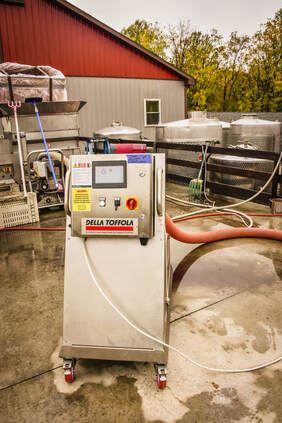
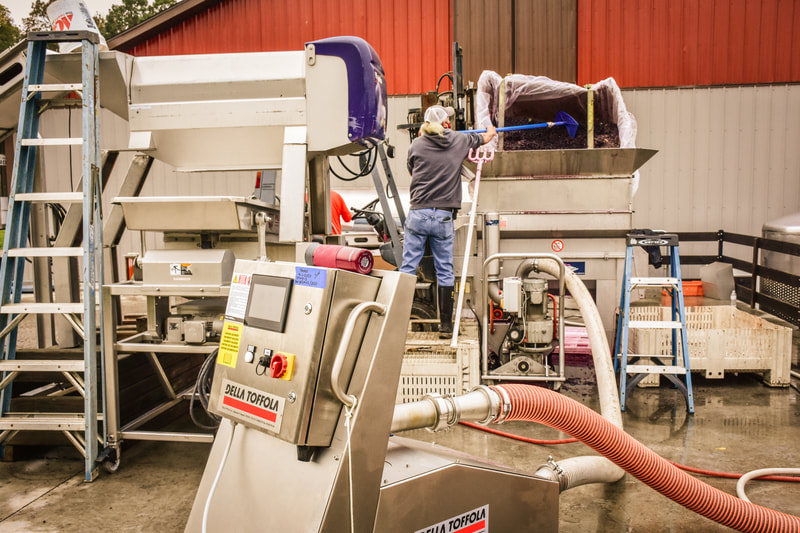
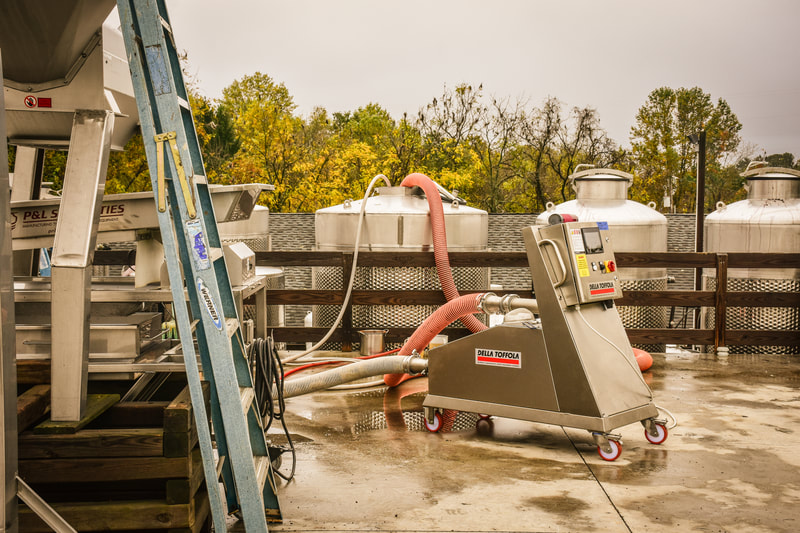
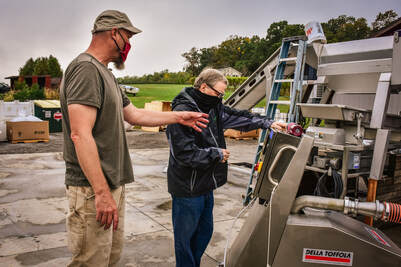
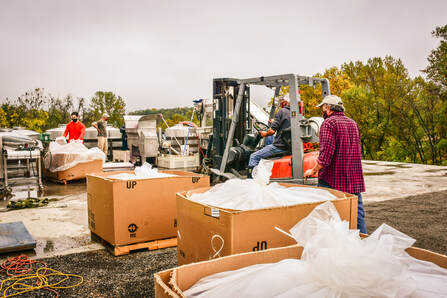
 RSS Feed
RSS Feed